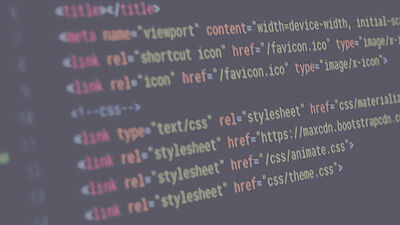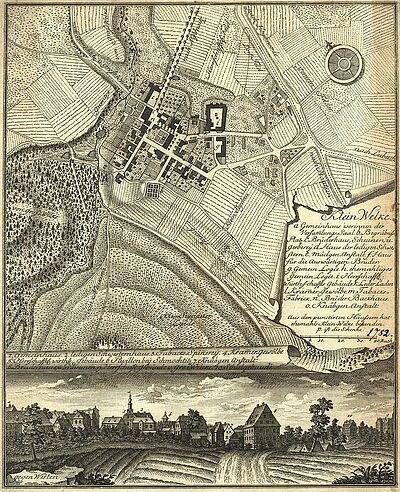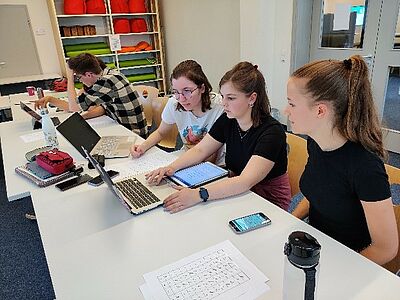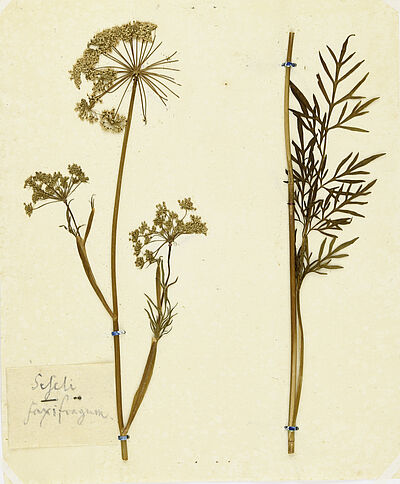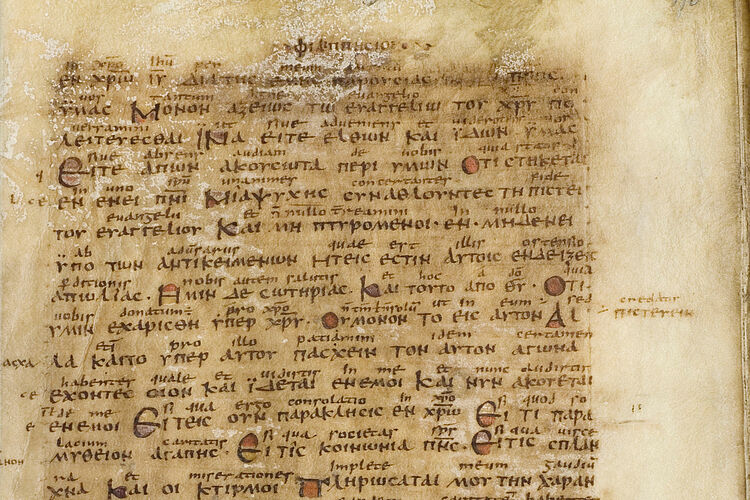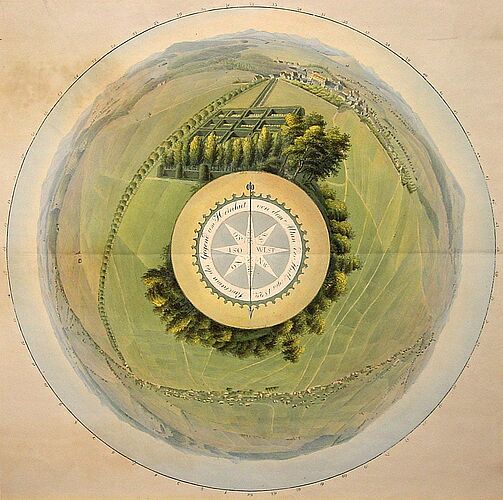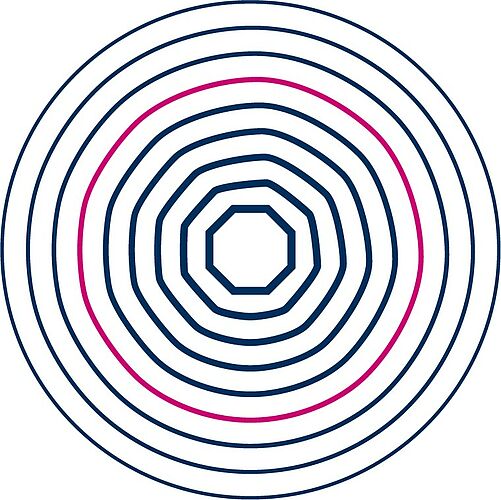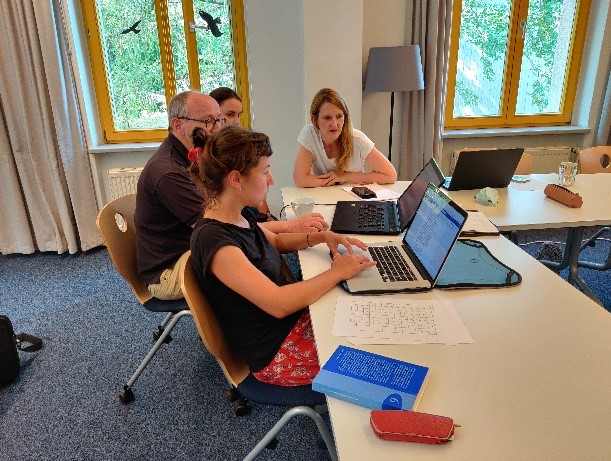Digital Humanities
Digital methods offer a fascinating potential for research in the humanities. SLUB Dresden participates in the interdisciplinary cross-section of Digital Humanities, which represents an interface between computer science and the humanities, with a variety of projects and collaborations.
Digital Humanities is the generic term for an extremely broad field of research. Basically, it is research in the humanities in which digital data and methods are used.
Digitally indexing and analysing texts
One focus of the Digital Humanities is to transform large and complex amounts of data into digital text corpora, i.e. machine-readable collections of texts. Among the largest and best-known corpora already in existence are the German Text Archive (DTA) and the Digital Dictionary of the German Language (DWDS). These are open repositories, which means that anyone can use the data - thus the Digital Humanities implement an important aspect of Open Science.
With the help of algorithms, the text corpora can then be analysed quantitatively and visualised graphically. This is an enormous achievement, especially because machines can read and process larger amounts of data in a short time than would be possible for humans in a long lifetime.
If you cannot yet imagine exactly what this research work might look like, we cordially invite you to browse through the following pages - there we will provide interesting insights into current research projects and show you ways in which you can get involved yourself.
How to use our offer
Simply book an appointment via the SLUB Wissensbar if you have questions about Digital Humanities. Our staff will then sit down with you for about 30 minutes.
Would you like to know how to borrow the VR technology required for the virtual excursion Kleinwelka, or do you have another individual request?
Please feel free to contact us!
textlab@slub-dresden.de
